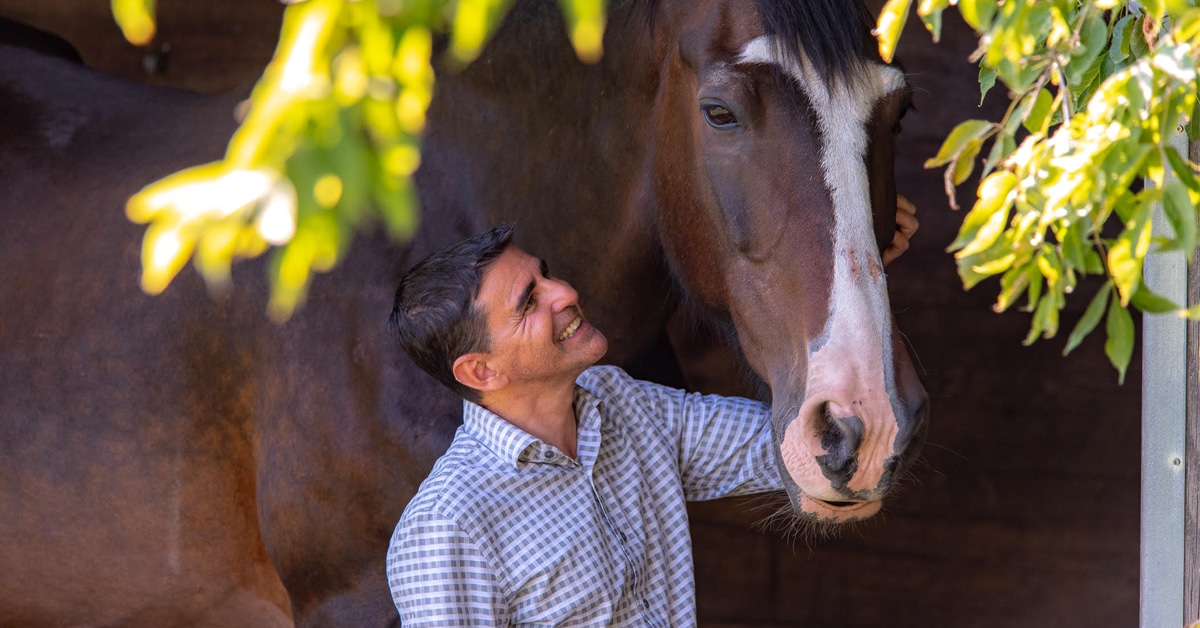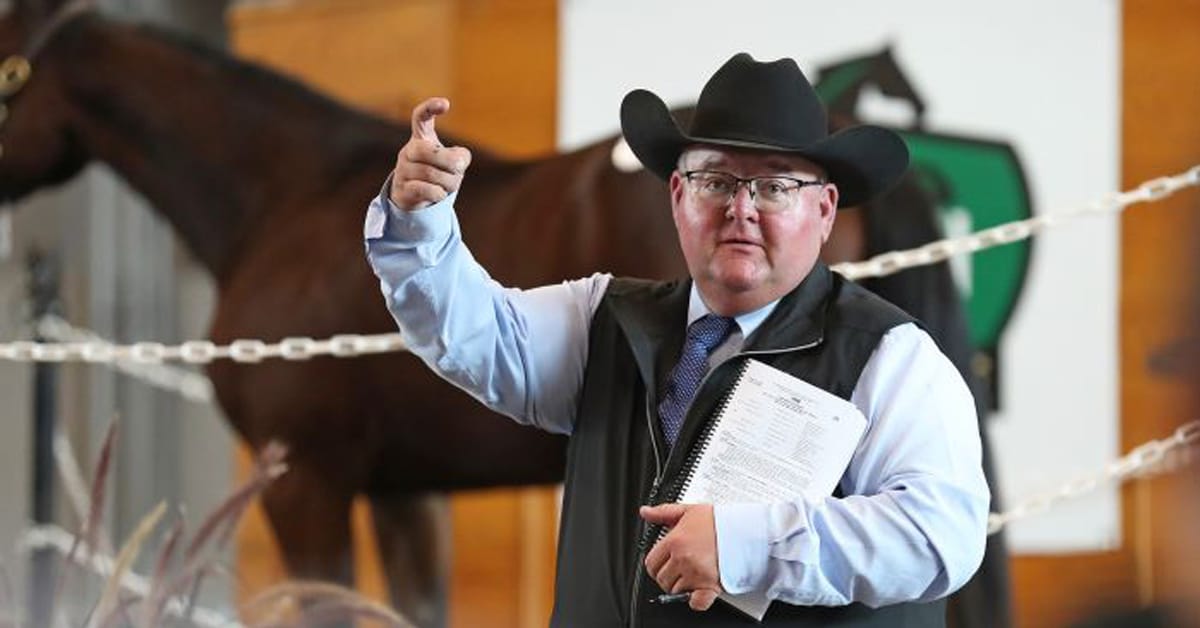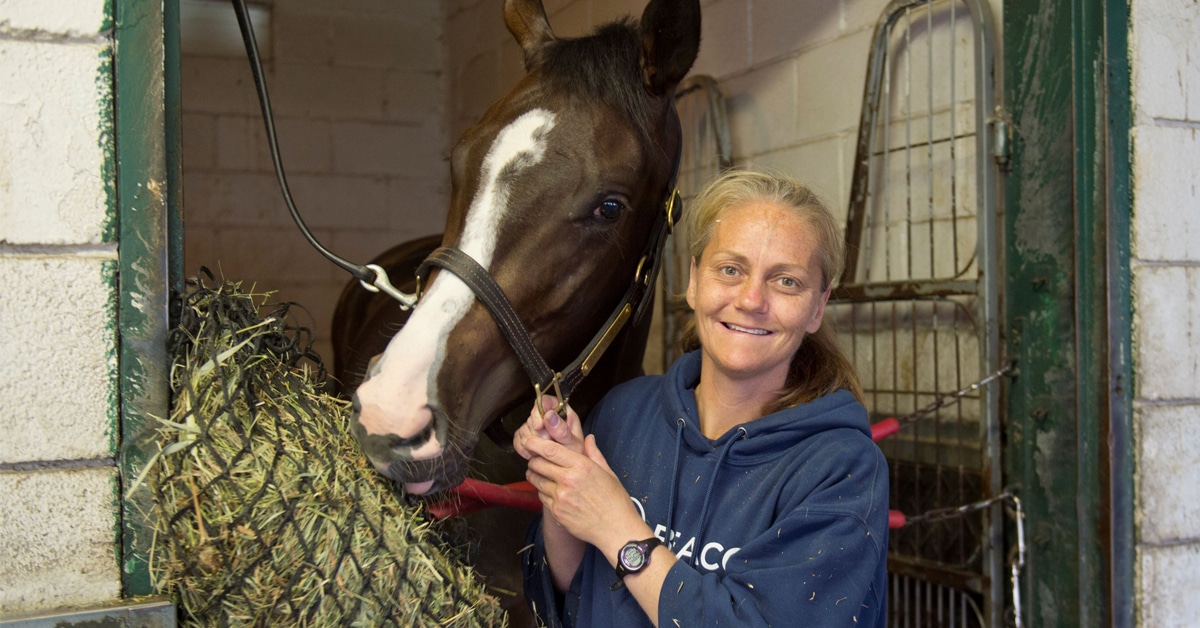It is difficult enough to be a farmer in Canada without the federal government working against you. Unlike other Canadian business operators, farmers, including horse racing businesses, are subject to special rules set out in section 31 of the Income Tax Act of Canada that severely restrict the deductibility of losses against other sources of income. No other industry in Canada faces this barrier to the deduction of legitimate business losses.
Losses from any business, except a farm business (which in the Income Tax Act includes livestock raising or exhibiting and the maintaining of horses for racing), are fully deductible against other income generated by a taxpayer. Section 31 of the Act restricts a taxpayer, operating a horse racing business or other farm business, from deducting losses in excess of $17,500 against the taxpayer’s other income regardless of whether the taxpayer has invested $5,000 or $500,000. Section 31 uses a formula that restricts the calculation of deductible loss to the first $2,500, plus half of the next $30,000, for a total restricted loss deduction of $17,500 per year. This severe restriction on the deduction of losses discourages new investment in the industry and operates as a disincentive for any investment whatsoever.
In previous efforts to change this status, the government has been concerned about the loss of income. However, a recent review of approximately 35,000 tax filers each year from 2015 to 2017 revealed that the average loss as a result of section 31 is less than $7,000, far less than the current $17,500 limit. Moreover, the loss would be overridden by the extra revenue the government would earn from increased investment and employment in the sector.
It’s worth noting that a taxpayer could start a sideline or secondary business in any industry in Canada – except for horse racing or farming – and be able to deduct losses from that business against other income. Invest in a restaurant, a car wash, even a racing car; all losses from these businesses are fully deductible. It is manifestly unfair and unsupportable for the farming industry in Canada to be singled out alone and denied full deduction of business losses against other income. It hurts farmers across Canada.
This is especially important now when there is a crisis in farming. Climate change has made the predictability of crop yields an unknown. Droughts and floods are becoming the norm. Trade disputes have substantially eroded the income of farmers. And now there is Covid–19. This is the perfect storm.
Our racehorses still need feeding and care and there will be no income to be made for several months. Unlike an employee, we can’t simply “lay them off” and there is definitely no wage subsidy in the works.
Canadian farmers are a fiercely independent lot. As in the past, Canadian farmers will look to other sources of income to pay their farming expenses through these crisis years. Some farmers will take up construction, drive a school bus, or find other ways to generate income to survive.
And also as in the past, section 31 will operate to put farmers out of business by restricting the farming losses deductible by farmers against their non-farm income to the total amount of $17,500 per year. In other words, if a farmer suffers farming losses of $75,000 in one year as a result of these global catastrophes, that farmer can only deduct the sum of $17,500 against his or her non-farm income, thereby absorbing personally the remaining farm losses.
The Jockey Club of Canada and HBPA of Ontario have been working in concert with other horse and agricultural associations across Canada to eliminate section 31. Despite repeated calls by farm associations and promises by governments over the years, it remains.
If you want to help our industry, approach your federal M.P. now. Insist on a suspension of section 31 for 2019 and 2020 tax filings. Let our farmers work at whatever they can do to get through these next few years and don’t penalize them for earning an outside income to save the proverbial farm.
The Jockey Club of Canada has created a form letter on its website that you can print, sign, mail, or email to your federal M.P. Together, we can get this done.
*****
Catherine Willson is counsel at Goldman Sloan Nash & Haber LLP in Toronto (www.gsnh.com). This information deals with complex matters and may not apply to particular facts and circumstances. The information reflects laws and practices that are subject to change. For these reasons, this information should not be relied on as a substitute for specialized professional advice in connection with any particular matter.
The Latest










